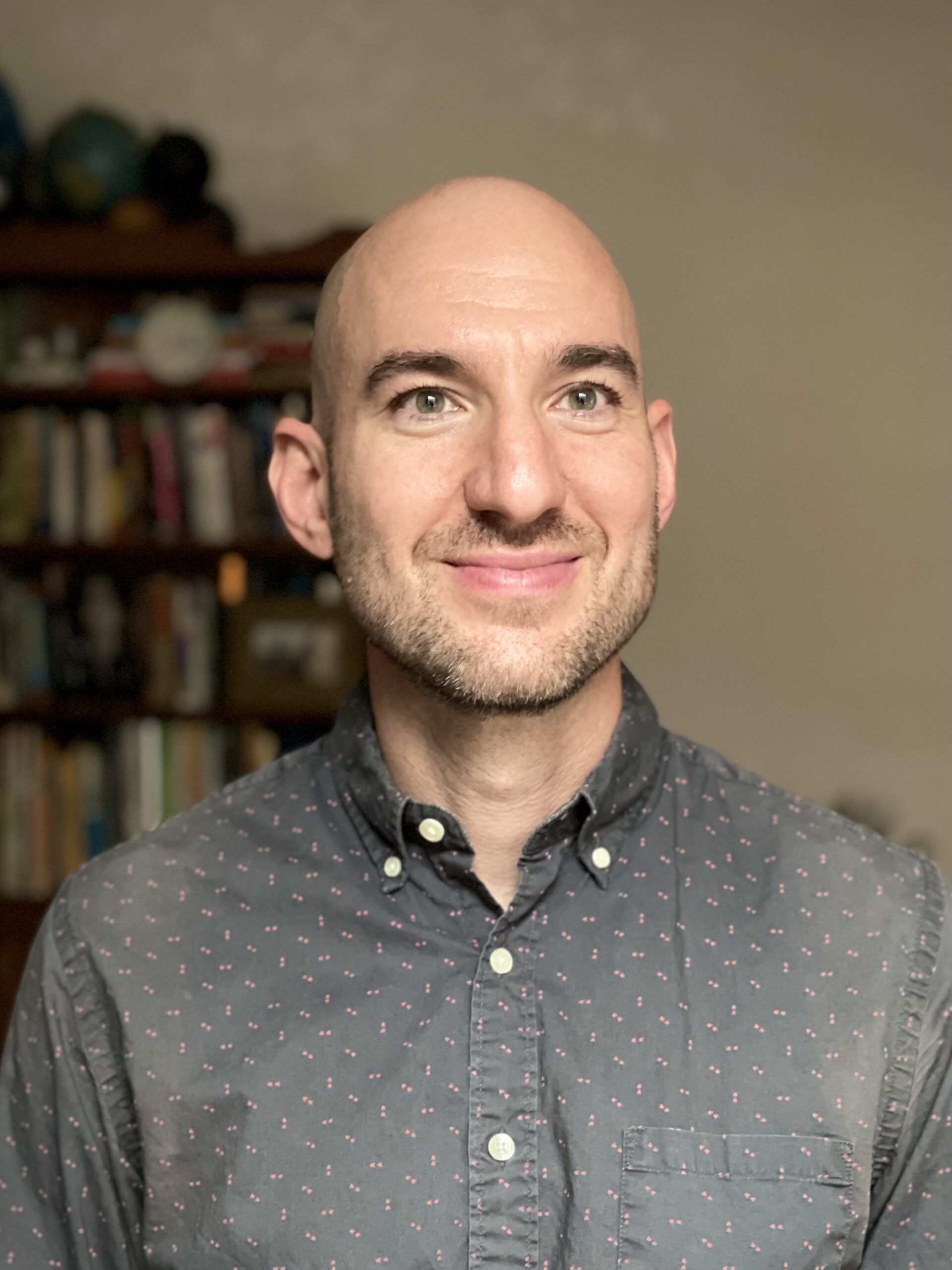Biography:
Aaron Lanou is an educational consultant supporting schools and organizations to reach all kids with inclusive, strengths-based practices. He coaches teachers and others to teach and support autistic students and all kids with a variety of academic, executive functioning, and social support needs. A member of Carol Gray’s Team Social Stories, Aaron also provides Social Stories workshops and collaborates with Carol and the team to continually update and refine the Social Stories philosophy and approach. Through the lens of Universal Design for learning, Aaron works with educators to consider the kid in context, examining the environment, demands, and expectations as the starting point for helping students be successful. He specializes in helping teachers use clear and purposeful visual supports, focused graphic organizers, clarity and structure in instruction based on principles of learning and memory, and a range of executive functioning supports and other scaffolds. Committed to centering disabled perspectives, Aaron has learned from and alongside his students with disabilities and has collaborated frequently with autistic colleagues and presenters. A former special education teacher, Aaron was previously Director of Professional Development and Executive Director of the Nest Support Project at New York University, leading the nation’s largest inclusion program for autistic students, the NYC Department of Education’s Nest Program. He has been adjunct faculty at Hunter College and NYU, teaching undergraduate and graduate courses on instructional methods for students with learning disabilities and teaching students with complex support needs.
Presentation: Supporting Self-determination: Balancing Patience and Push
Self-determination is a critical approach in the support of young people with disabilities to ensure they have the skills to grow into independent adults who know themselves and can advocate for their needs. Supporting these folks on the journey towards this interdependence doesn’t always happen automatically, and it can feel like walking a tightrope. On the one hand, we must have patience for the different paces of progress young people have, based on developmental and other factors. And yet there are times when more of a push might be called for, to encourage someone to do something on their own or take a risk. In this workshop, we will explore the many shades of gray between the extremes of pushing too hard and hands-off patience, as we discuss the potential and pitfalls of each approach. Educators and families will learn how to support the development of self-determination in young people with disabilities through investigating this “Balance Challenge,” a framework that encourages us to be responsive to children’s evolving needs and promote their growth into confident, self-directed adults. We will explore strategies to navigating the delicate balance that can be applied in school, home, and the community.
